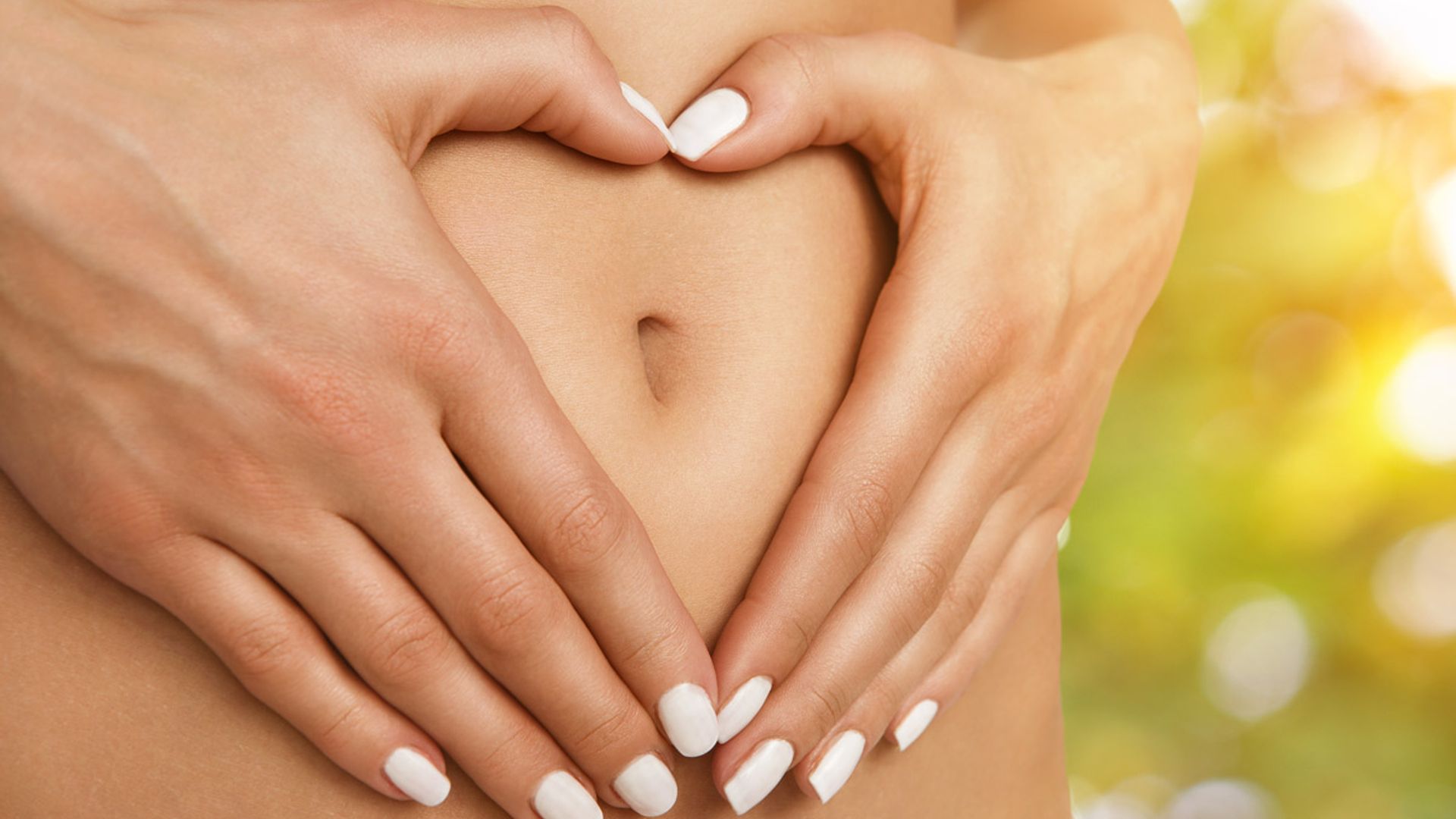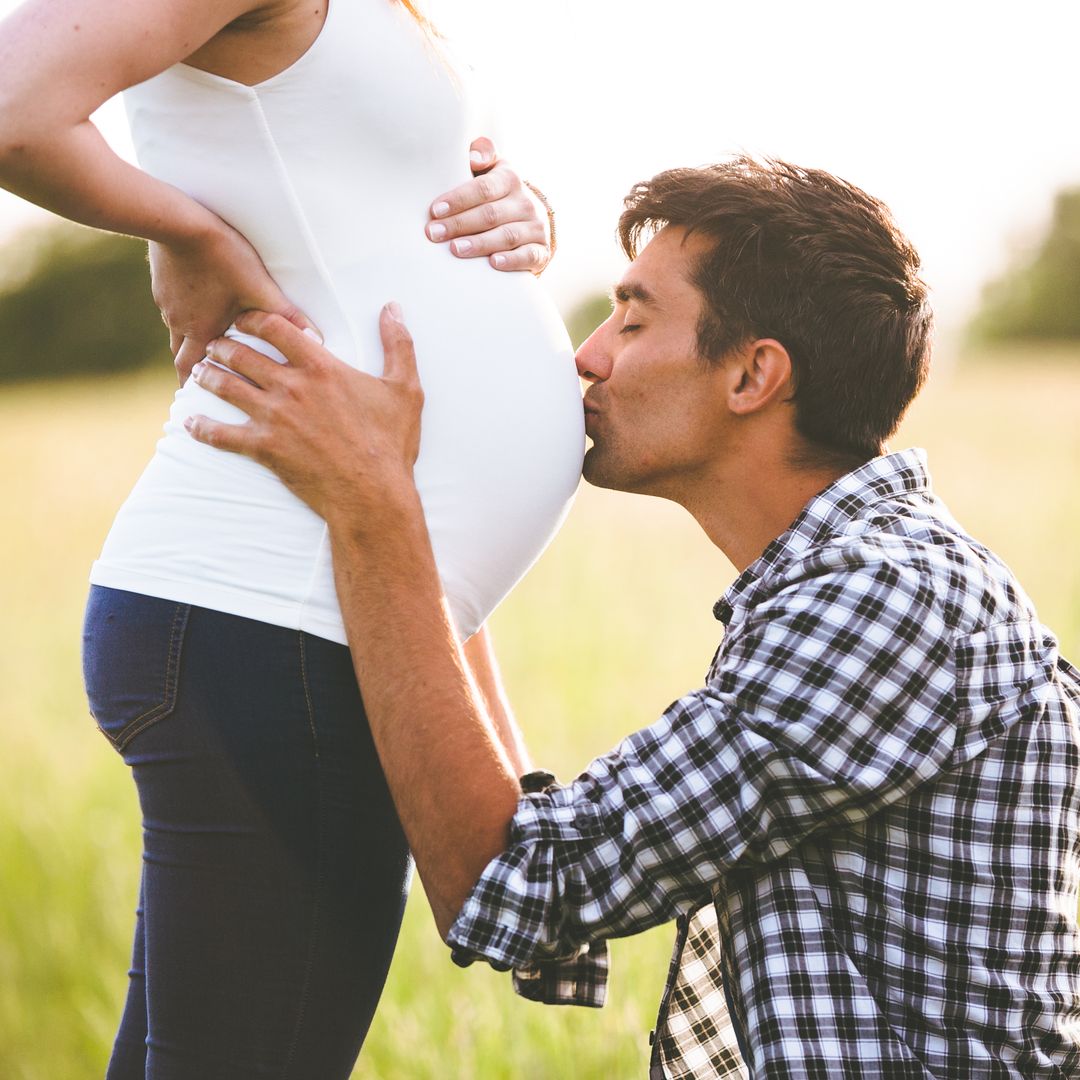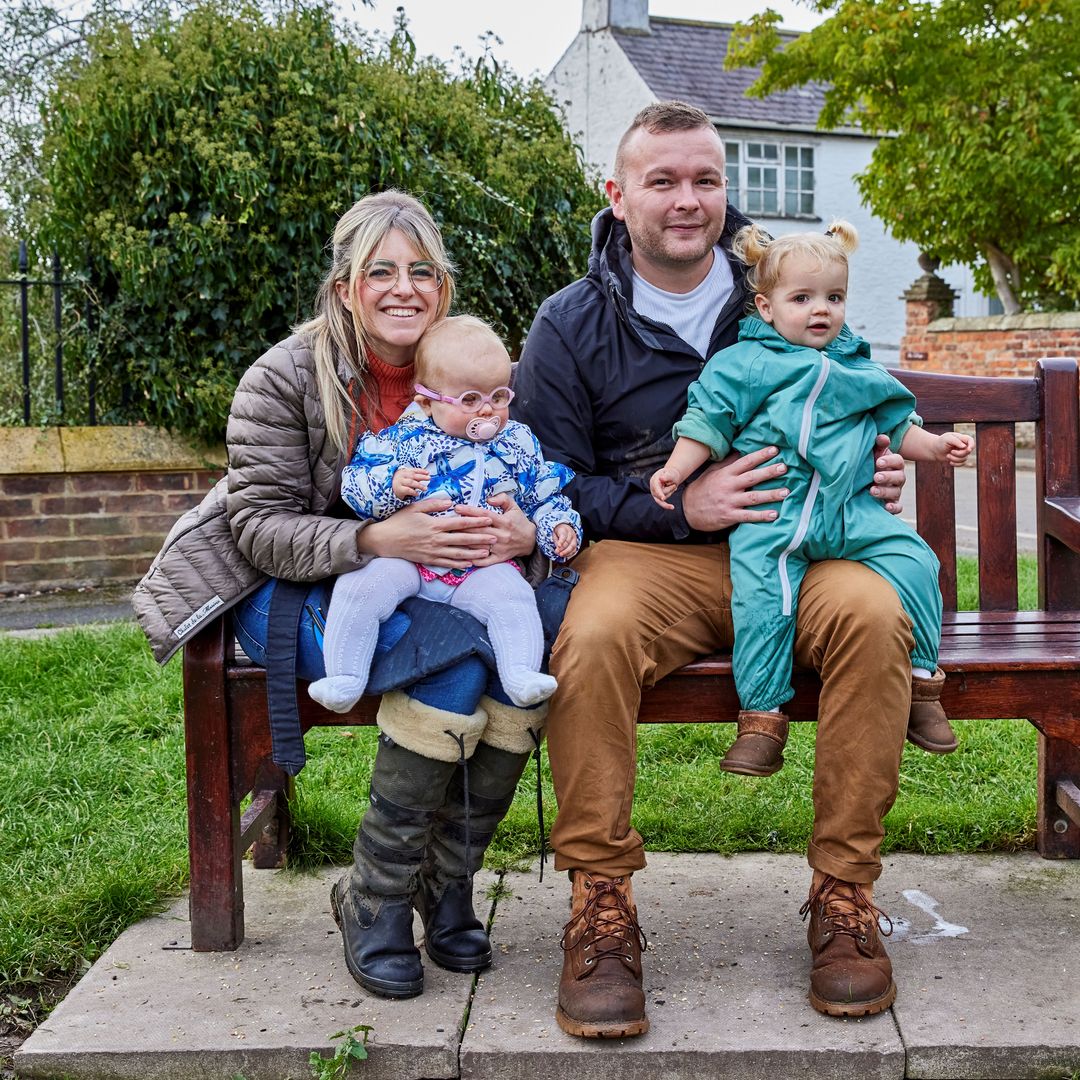While a missed period is often the biggest indicator of pregnancy, there are often many other signs and symptoms of early pregnancy that you may experience even before getting that positive test result.
From sensitivity to smells to mood swings, there are several subtle pregnancy symptoms that occur shortly after conception. However, experiences and symptoms can vary between women, and even between pregnancies, as no two pregnancies are the same. Here are some of the most common early pregnancy symptoms to look out for…
Breast changes and discomfort
One of the earliest and most obvious symptoms of pregnancy is an alteration in breast size. It won't be a dramatic change at this stage, but you may notice that your bra seems a little tighter than usual. Your breasts may also be slightly tender or sore. A change in the colour of the areola or the appearance of fine veining are also common signs that may clue you in.
MORE: 7 best pregnancy pillows to combat back pain
Urinating more often in pregnancy
Many women report needing to urinate more often during pregnancy, but the symptom can actually start very soon after conception. Increased hormones and extra blood flow are to blame for the excessive trips to the bathroom, especially during the night. Meanwhile, the NHS also states that some women may experience constipation.
READ: The 9 best pregnancy workout apps
Tiredness and fatigue in the first trimester
Do you fall into bed exhausted each night although you haven't changed your routine? Don't worry, general fatigue is a common consequence of hormonal changes occurring in the body during the first trimester – the first three months of pregnancy.
Nausea in early pregnancy
It sounds like a cliche, but morning sickness is one of the surest symptoms for detecting a possible pregnancy and it's unlikely to stop until the second trimester. That said, "morning sickness" may not be the best name for it: during the first six weeks you're likely to feel sick at any time of day.
Rochelle Humes revealed she had a tough time with her third pregnancy as her morning sickness actually lasted all day. Sharing a sweet photo of herself enjoying a hug from her daughters Alaia-Mai and Valentina, the This Morning star said: "Today has by far been one of the hardest days to get through...this ‘morning’ (or all day) sickness really isn’t budging."
Headaches, backache and cramps are a common pregnancy complaint
The headaches are due to hormone changes, while backache is caused by the muscles of the lower back relaxing slightly as the body gains weight and the centre of gravity changes. Cramps tend to be similar to those associated with premenstrual syndrome and are an indication that the uterus is changing to adapt to the coming baby.
RELATED: 7 surprising fertility facts you probably didn't know
MORE: Pregnancy-safe skincare - your complete guide
Joking about her own pregnancy, Millie Mackintosh told HELLO!: "Hugo has actually started to have really vivid dreams so he's picking up on pregnancy symptoms just from being around me. He's also had back pain – but that's more to do with helping lift me up from the sofa!"
Mood swings can impact women in early pregnancy
You may wake up feeling angry only to find yourself weeping into your cornflakes shortly afterwards; then maybe you're perfectly chirpy again by coffee time. No, you're not going crazy: it's the hormones again, undergoing a silent revolution during the early weeks of pregnancy and incidentally setting you off on a roller coaster of emotions. Relax: it's only a phase.
MORE: This fertility tracker bracelet can help you get pregnant
Sensitivity to smells in pregnancy
Just like a new Marvel Comics superhero, you suddenly notice even the slightest scent or smell. You probably haven't just acquired a superpower, it's just one more of those early warning signs of pregnancy.
Every pregnancy is different, so while some women may experience most of the signs above, others may notice none. But if you're tired, you're noticing more headaches and you can smell the kitchen bin from the bedroom, maybe you should drop into the chemist for a pregnancy test.
Missed period in early pregnancy
A missed period may be a big indicator that you are expecting, however, this can be misleading if your cycle is irregular. If your period hasn't arrived within a week of when you expected it to, taking a pregnancy test can confirm whether you are pregnant or not.
MORE: 20 baby shower themes every mum-to-be will love
READ: Everything you need to know about fertility tests at home
Constipation and bloating in the first trimester
Hormonal changes during early pregnancy can lead you to feel bloated or suffering with constipation. This is due to the amount of progesterone being produced, which slows down your digestive system. To counteract this, try to drink plenty of water and fibre-rich foods, including fruit and vegetables, whole grains and beans, or try these top tips to beat the bloat.
Food aversions are common in pregnancy
If the thought of your morning coffee fix suddenly turns your stomach or you can't bear the idea of eating foods you normally love, it could be an early sign of pregnancy. Food aversions are common during pregnancy, along with cravings for new and unusual foods.
Nasal congestion is a surprising early pregnancy symptom
One of the more unexpected early pregnancy symptoms can be nasal congestion. Once again, you have rising hormone levels to thank or this. Along with increased blood production, it can cause the mucous membranes in your nose to swell and dry out, leading to a runny or stuffy nose.
Like this story? Sign up to the HELLO! Family Hub newsletter to get other stories like this delivered straight to your inbox.












